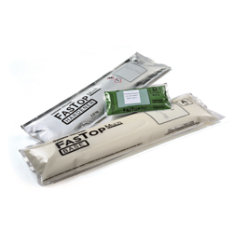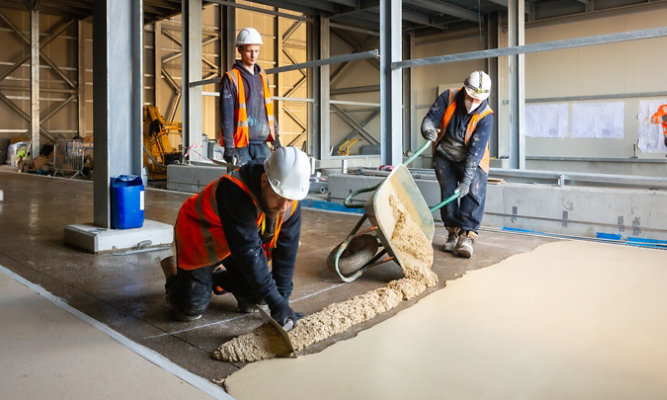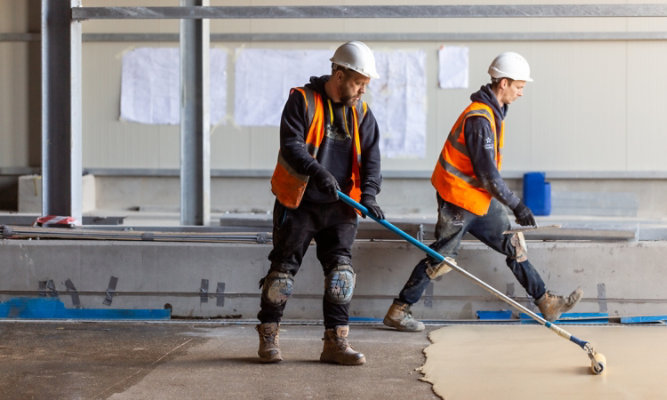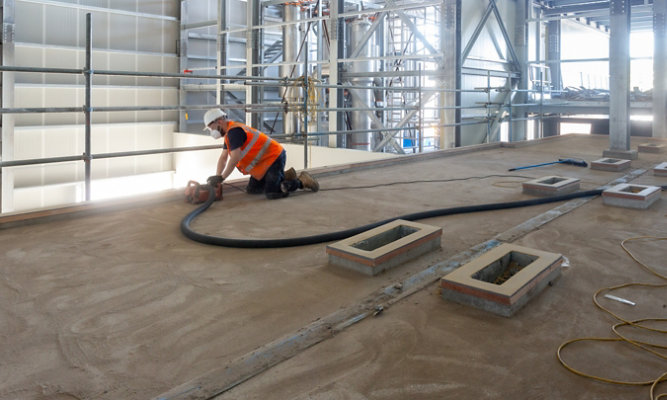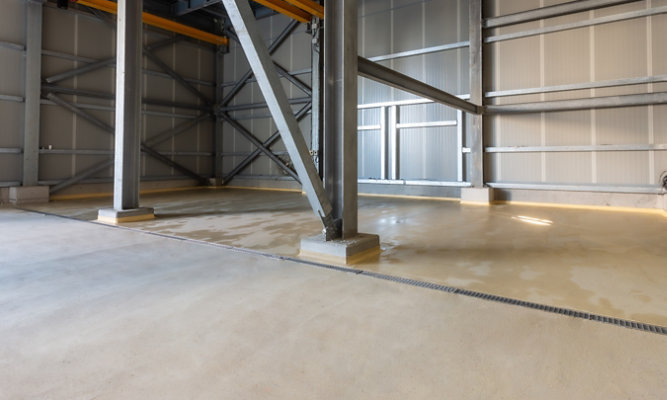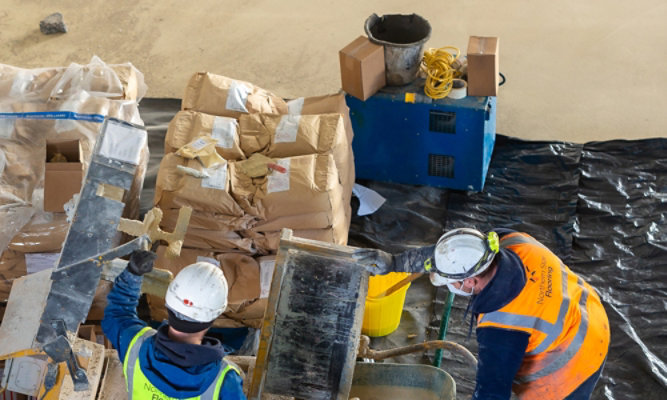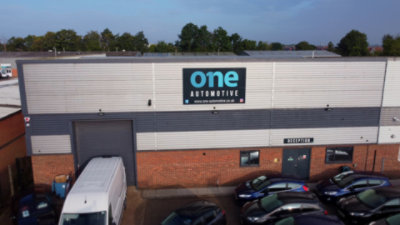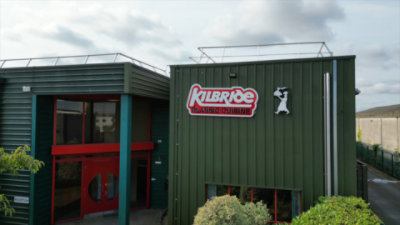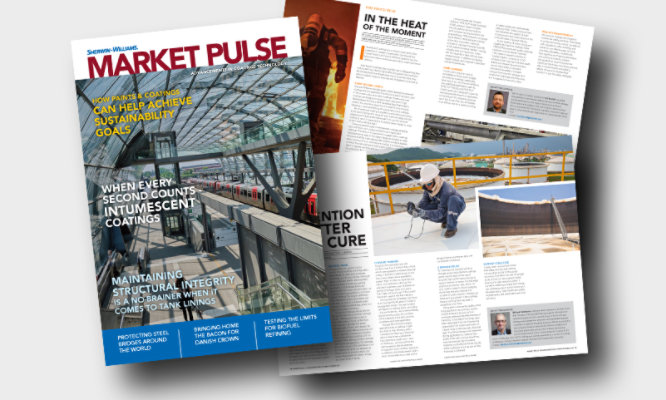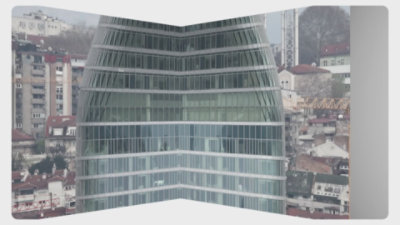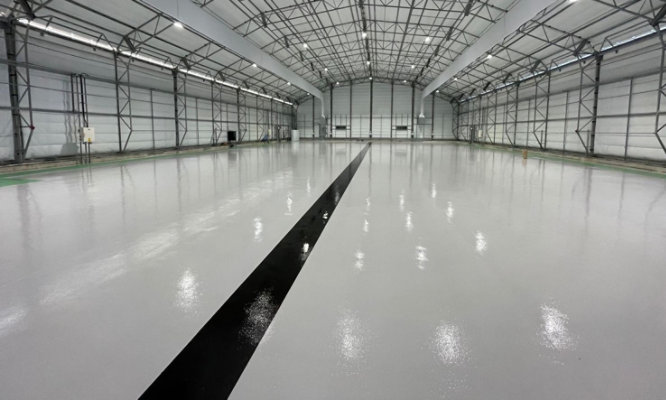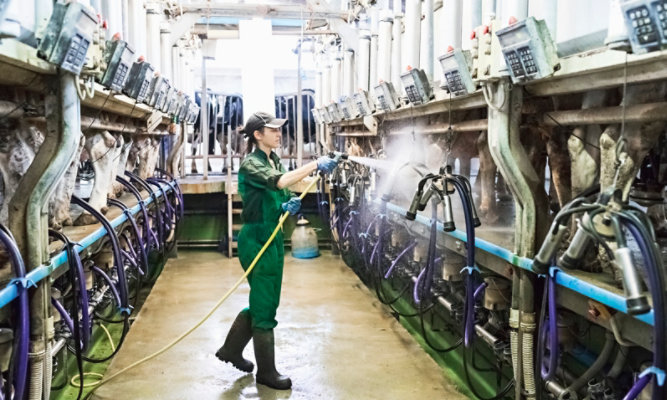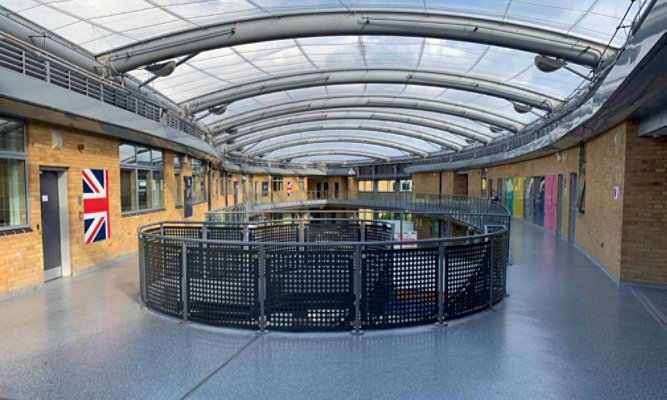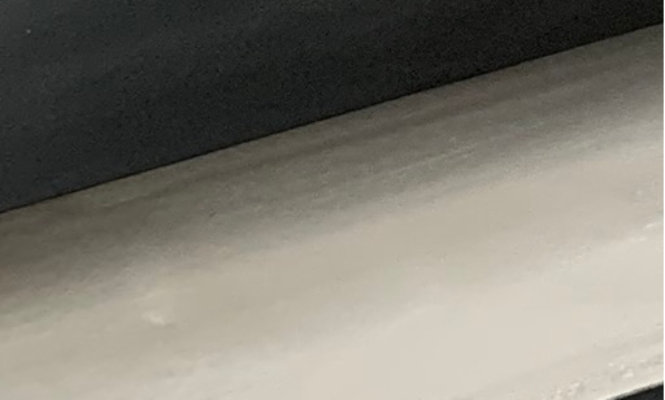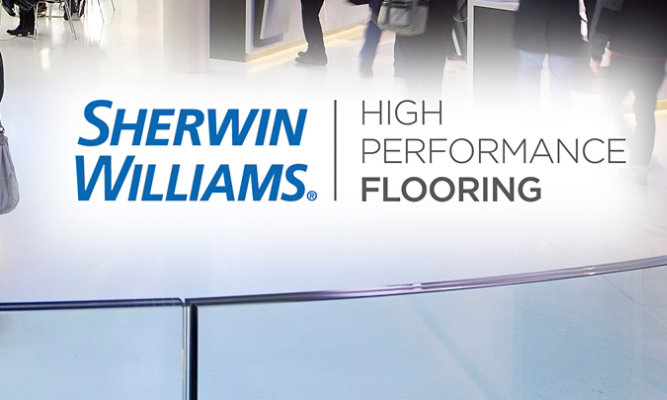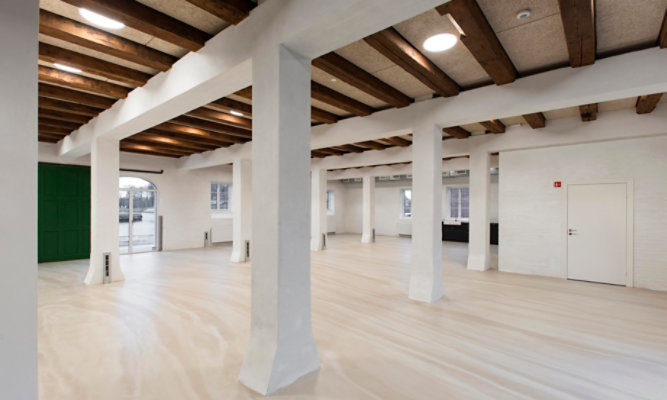FasTop provides seamless food factory flooring solution at Sedamyl
Selected for its ease of application and performance properties, FasTop® was installed as an extremely hard-wearing, hygienic, chemical and slip-resistant polyurethane cement flooring solution from Sherwin-Williams.
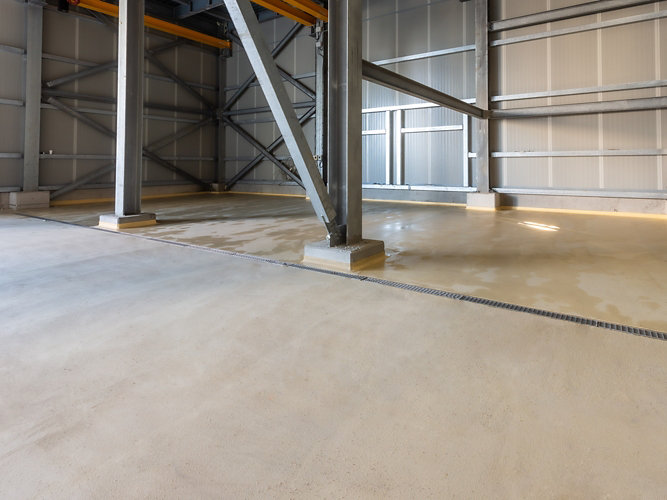
Situation
Sedamyl are a leading manufacturer of starches, sweeteners, proteins and alcohol supplying ingredients for all major food, feed and industrial applications. Founded in the 1950s as a family-owned company, today they remain an independent, effective and reliable partner, with members of the founding family still actively involved in the business.
Challenge
This expanding food business had a new production facility with a 2,800m2 concrete floor area. The flooring challenge on the project was that the building was constructed with no damp proof membrane (DPM) due to the amount of steel pillars going through the floors.
Specialist flooring contractor Northern Star worked with Sherwin-Williams to assess and select a long-term flooring solution to tolerate any moisture and provide a seamless and durable surface.
As with all food production facilities, a variety of oils, fluids and fine powders, such as seeds and sugar, can be spilt and cause floors to become slippery. Fine particles can also become trapped in any cavity between a flooring system and the substrate. To eliminate this happening a seamless monolithic screed type finish was needed.
The finished product would be required to provide a durable solution when exposed to heavy wheeled traffic. Aesthetically, the customer also demanded that the final product would maintain a modern looking food production unit, while having the option to incorporate any necessary coloured zonal areas and line marking to comply with health and safety.
Solution
Because no DPM was used in the construction, an epoxy-cement waterproofing compound was used to effectively function as a surface-applied DPM.
Once the substrates were prepared and primed FasTop TG69 polyurethane cement floor screed system was installed in Buff colour in a single application at 9mm’s to provide a great all round hygienic heavy-duty finish for wet and dry areas in this food factory. Because of its minimum 9mm thickness, FasTop TG69 is extremely robust with a compressive strength which greatly exceeds that of ordinary concrete. It features a slight textured profile which provides good anti-slip performance in wet and dry conditions whilst also being cleanable as required in a food factory.
In some other areas of the facility FasTop Multi SL23 was installed which has a smoother profile than FasTop TG69. The SL23 is ideal for dry operating areas to be effective where fine particles are required to be swept up easily.
The FasTop products are food safe and non-taint as certified by HACCP International (hazard analysis and critical control points) and the food research institution Campden BRI, ensuring that products produced in the factory cannot be contaminated by the flooring.
Resin flooring systems from Sherwin-Williams for food and drink manufacturing areas are seamless, strong, slip-resistant and safe for pedestrian traffic. Textured products including FasTop TG69 are independently tested as having low slip potential when tested with the TRRL Pendulum method promoted by the Health & Safety Executive.
FasTop TG69 is low odour and can be installed as quickly as possible in line with fast-track programmes to avoid disrupting manufacturing procedures as much as possible. This can reduce the impact on daily operations and allow food production to continue whilst FasTop TG69 is being installed in adjacent areas. FasTop TG69 provides a monolithic solution as a resin floor which is mixed on-site and trowel applied as one single piece, composed of material without joints or seams. Once installed any functioning expansion joints generally need reflecting through the monolithic finish to accommodate building movement in the same way as for a concrete screed. This is one of the key benefits using resin flooring systems because the adhesion to concrete substrates is so good when they are installed correctly.
Being void of seams and joints can be a major benefit for designers and end users. A monolithic floor of this type can be installed as a new flooring or it can be applied as a refurbishment to an existing floor. This latter option can be a very attractive option for building owners as it is more economic with less downtime and is a more sustainable option than removing an existing substrate and possibly creating landfill waste. This is one of the sustainable angles of resin flooring alongside other product benefits such as low volatile organic content (VOC) and the use the natural raw materials in formulations such as vegetable oils. When purchasing a resin floor system a customer can be investing in a system which therefor will potentially last the life of his building without having to be removed.
Surfaces being monolithic can be smooth which greatly reduce the risk of bacterial growth or contamination that can occur in floors with joints or seams. All round chemical resistance is generally excellent with various resin raw materials so protection is provided against substances which could attack and harm a floor and an environment. In sectors such as food and beverage, healthcare and pharmaceutical delivering a hygienic floor finish which can be cleaned and maintained with a good housekeeping regime.
Outcome
A seamless hygienic long term monolithic solution was achieved with this product with a modern look for the customer.
This flooring system can withstand high temperatures, thermal exposure to reflective heat from ovens, as well as heavy impact, heavy machinery and equipment, and a high volume of footfall. It can also resist particularly harmful chemicals used as part of the Clean-In-Place CIP process such as caustic soda, nitric and phosphoric acid.
Discover More
Industry Expertise and Innovation
See how we help customers find customised solutions for their project and application challenges


